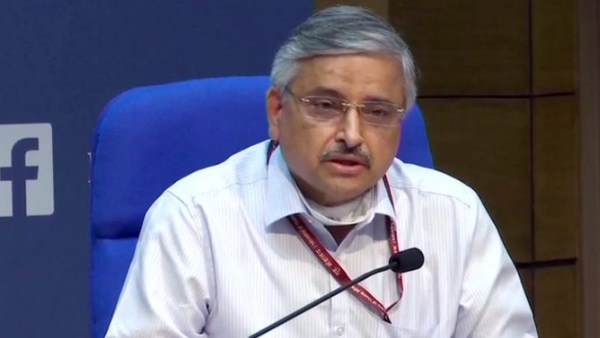[ad_1]
India
oi-Briti Roy Barman

New Delhi, Dec 31: Terming the approval for Oxford-AstraZeneca vaccine for use in the UK as a “big step forward”, AIIMS Delhi Director Dr Randeep Guleria on Wednesday said that India will have the COVID-19 vaccine within days amid concerns of the new variant of coronavirus spreading in India.

“This is very good news that AstraZeneca got approval for its vaccine by UK regulatory authorities. They have robust data and in India and the same vaccine is being developed by the Serum Institute of India. This is a big step forward not only for India but many parts of the world,” Guleria told ANI during an interview.
Dr Guleria further said, “This vaccine can be stored at two to eight degrees centigrade. Therefore it would be easy to store and transportation. Storage can be done using a simple fridge rather than what is required in the Pfizer vaccine of minus 70 degrees centigrade.”
“Now, we have a data, and Oxford-AstraZeneca vaccine has been approved based on the studies in UK, Brazil and South Africa. There is also data from SII. I think, once the data is shown to the regulatory authority, we should get approval for the vaccine in the county within a few days. I would say days rather than weeks or months.”
When asked about how much time is needed for the roll-out of COVID vaccine in the country, Dr Guleria said, “Now, we have a data, and Oxford-AstraZeneca vaccine has been approved based on the studies in UK, Brazil and South Africa. There is also data from Serum Institute of India (SII). I think, once the data is shown to the regulatory authority, we should get approval for the vaccine in the county within a few days. I would say days rather than weeks or months.”Dr Guleria, who is a member of the national task force on Covid-19 management, said that the country has a “robust plan as far as the vaccination is concerned”.
Central Drugs Standard Control Organization (CDSCO) will meet again on Friday to consider approving AstraZeneca and Oxford University’s Covid-19 vaccine for emergency use after Britain became the first country to do so, the government said following a meeting.
[ad_2]
Source link